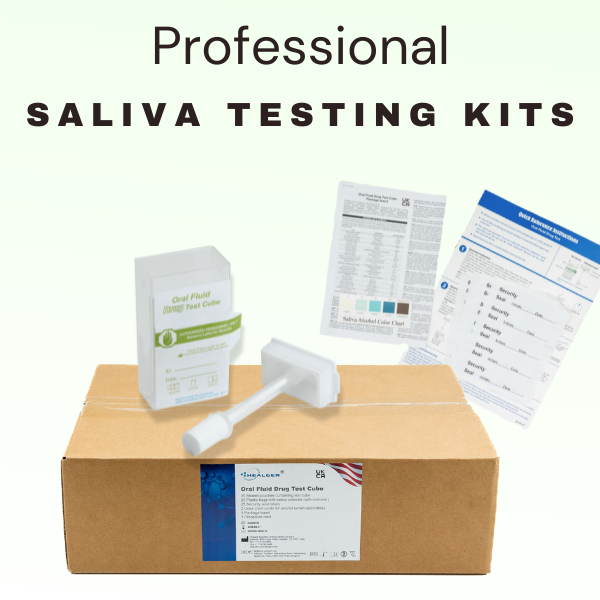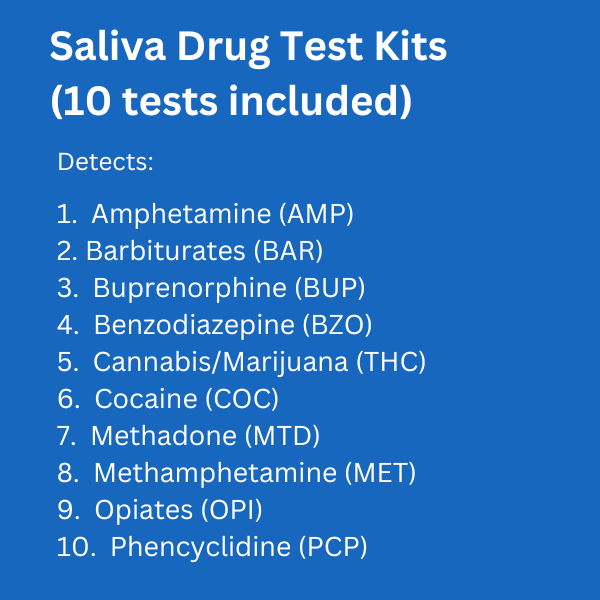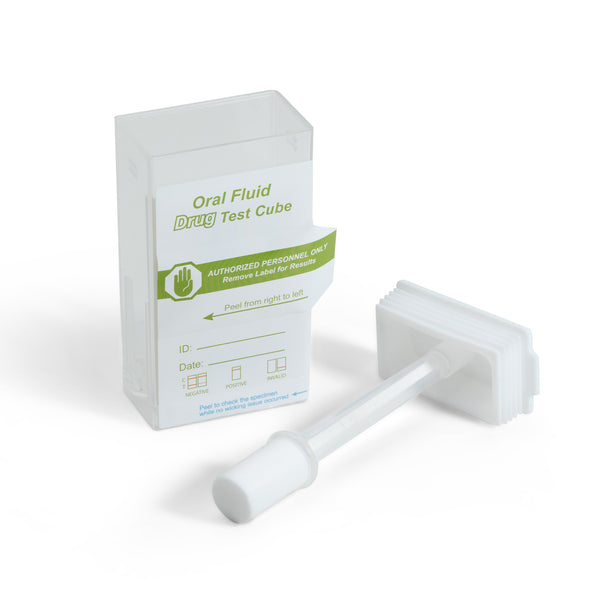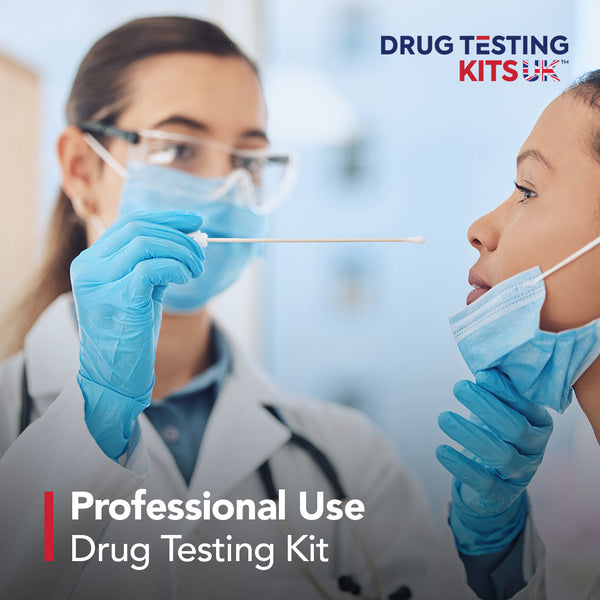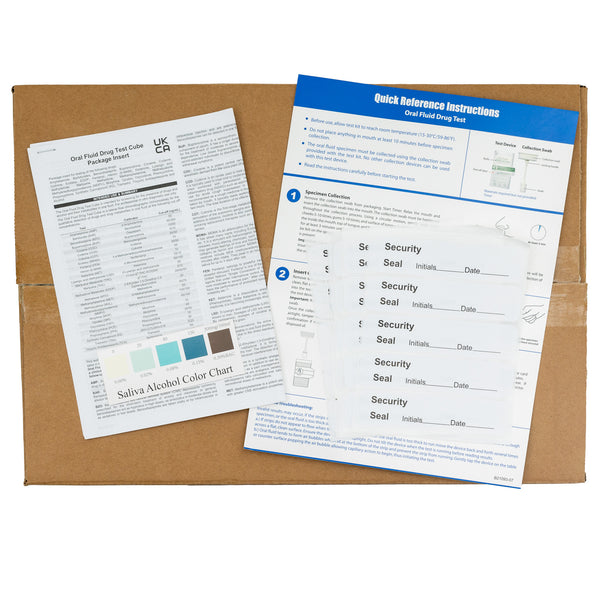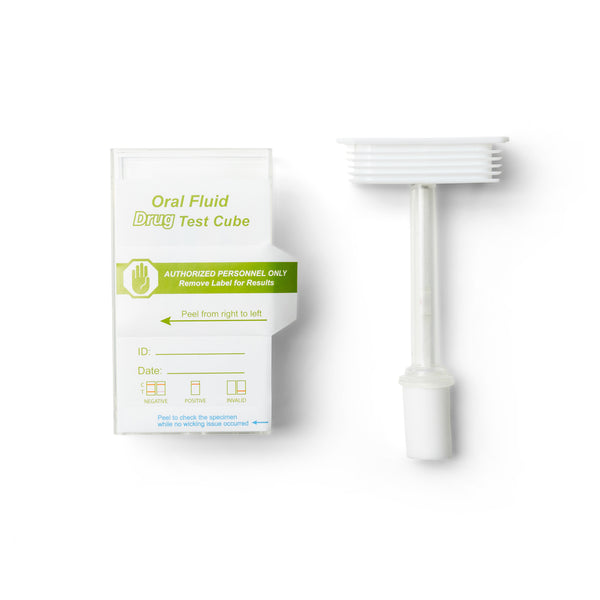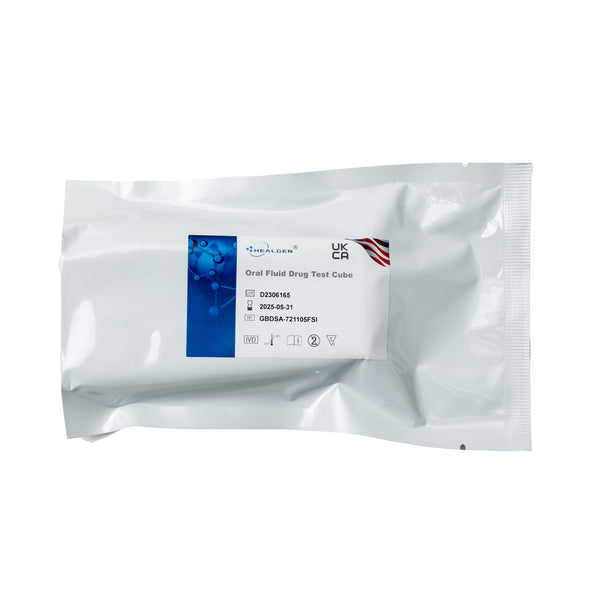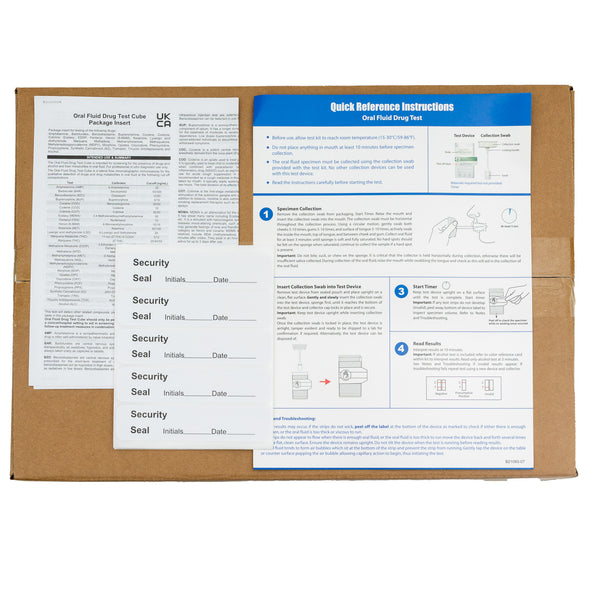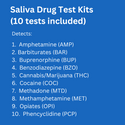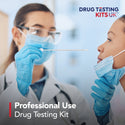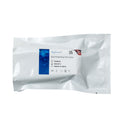Why you can trust Drug Testing Kits UK for advice on choosing the right drug testing products. Our team of UK drug and alcohol safety experts meticulously analyzes current regulations and scientific data while incorporating feedback from real-world users of our products. Additionally, we consult with healthcare and industry professionals to ensure that our recommendations are practical and valuable. This reliable information can guide your decision-making process when selecting drug and alcohol testing kits suitable for your needs.
In the UK, workplace drug testing is an essential practice to ensure a safe and productive work environment. It involves the analysis of biological samples to detect the presence of drugs or alcohol, thereby helping employers maintain a drug-free workplace. This process is governed by various legal regulations and requires careful implementation to balance safety concerns with employee privacy rights.

Legal Aspects of Workplace Drug Testing
The legal aspects of workplace drug testing in the UK are governed by various laws and regulations, including the Health and Safety at Work Act 1974 and the Misuse of Drugs Act 1971. Employers must ensure that their drug testing policies are compliant with these laws, as well as with data protection and privacy regulations. It's crucial for employers to obtain informed consent from employees before conducting tests, and to handle test results confidentially and sensitively. For more detailed information, it's recommended to consult legal experts or refer to official guidelines.
Reasons for Workplace Drug Testing
There are several reasons for conducting workplace drug testing in the UK:
- Safety-Critical Industries: In industries where safety is paramount, such as transportation, construction, and healthcare, drug testing is essential to ensure that employees are not under the influence of substances that could impair their ability to perform their duties safely.
- Employer Duty of Care: Employers have a legal obligation to ensure the health, safety, and welfare of their employees. Drug testing can help identify substance misuse and prevent accidents, injuries, and health issues in the workplace.
- Impact on Productivity and Safety: Substance abuse can lead to decreased productivity, increased absenteeism, and higher risk of accidents and injuries. By implementing drug testing, employers can address these issues and maintain a safe and efficient work environment.
- Legal Compliance: Certain industries are subject to specific legal requirements for drug testing, such as the transport sector. Compliance with these regulations is essential to avoid legal penalties and maintain operational licenses.
- Reputation and Public Confidence: Companies that enforce drug testing policies demonstrate a commitment to safety and professionalism, which can enhance their reputation and build public trust.
- Insurance and Liability: Implementing a drug testing program can lead to reduced insurance premiums and mitigate the risk of legal liabilities resulting from workplace accidents or incidents related to substance abuse.
- Supporting Employee Wellbeing: Drug testing programs can be part of a broader health and wellness strategy, helping to identify employees who may need support or treatment for substance abuse issues.
What should be done if the employee refuses to take a test?
If an employee refuses to take a drug test, the employer should first review their drug testing policy and employment contract to determine the consequences of refusal. It's important to handle the situation fairly and consistently, considering the reasons for refusal and any extenuating circumstances. The employer may consider disciplinary action, which could range from a warning to termination, depending on the policy and the nature of the job. Legal advice may be necessary to ensure that the employer's actions are compliant with employment laws.
Types of Drug Tests
The types of drug tests commonly used in the workplace include:
- Urine Tests: The most common method, used to detect recent drug use.
- Saliva Tests: Quick and non-invasive, suitable for on-site testing.
- Hair Tests: Can detect drug use over a longer period, up to 90 days.
- Blood Tests: The most accurate but invasive method, used for alcohol testing.
- Breathalyzers: Specifically for detecting alcohol levels in the breath.
Each type has its advantages and limitations in terms of detection window, invasiveness, and cost. Employers should choose the type of test based on their specific needs and legal requirements.
Implementing a Drug Testing Policy
Implementing a drug testing policy in the workplace involves several key steps:
- Develop a Clear Policy: Define the purpose, scope, and procedures of the drug testing program. Specify the types of tests, substances being tested for, and the circumstances under which testing will occur (e.g., pre-employment, random, post-accident).
- Legal Compliance: Ensure that the policy complies with UK laws and regulations, including data protection and employee privacy rights. Consult with legal experts to avoid potential legal issues.
- Employee Communication: Clearly communicate the policy to all employees, explaining the reasons for drug testing and the consequences of a positive test or refusal to test. Provide training on the policy and procedures.
- Obtain Consent: It's important to obtain written consent from employees for drug testing. This consent should be informed and voluntary.
- Test Administration: Choose a reputable testing provider and ensure that tests are conducted in a fair, accurate, and consistent manner. Ensure that the testing process respects employee dignity and privacy.
- Handling Results: Establish procedures for handling positive test results, including confirmatory testing, disciplinary action, and support for employees with substance abuse issues.
- Review and Update: Regularly review and update the policy to reflect changes in laws, technologies, and workplace needs.
Conducting Workplace Drug Tests in the UK
When conducting drug tests in the workplace, employers should ensure that the process is transparent and understood by all employees. This includes providing information on how the tests will be conducted, what substances are being tested for, and the implications of a positive test. It's also important for employers to have a clear policy regarding handling test results and the steps that will be taken in the event of a positive outcome, including any disciplinary actions or support for rehabilitation. Confidentiality is key throughout the process to protect the employees' privacy.
Workplace drug testing Procedures
Here are the steps for implementing workplace drug tests, with each step described in three sentences:
- Develop a Policy: Start by creating a comprehensive drug testing policy that outlines the purpose, procedures, and consequences of the testing program. This policy should be in line with legal requirements and should clearly communicate the rights and responsibilities of both the employer and employees. It's important to ensure that the policy is fair, transparent, and consistently applied across the organization.
- Obtain Consent: Before implementing the testing program, obtain informed consent from employees, usually through written agreements. Consent forms should clearly outline the testing procedures, the substances being tested for, and the implications of a positive test result. This step is crucial for ensuring that the testing process respects employee privacy and legal rights.
- Choose Testing Methods: Select the appropriate drug testing methods based on the specific needs of the workplace, such as urine, saliva, or hair tests. Consider factors like the detection window, accuracy, and invasiveness of each method. It's important to use reliable and validated testing procedures to ensure accurate results.
- Conduct Tests: Carry out the drug tests in a manner that is respectful of employee privacy and dignity, preferably under the supervision of a trained professional. Ensure that the testing environment is secure and that the samples are handled properly to prevent contamination or tampering. The testing process should be consistent and unbiased to maintain the integrity of the program.
- Handle Results: Once the test results are obtained, they should be reviewed by a qualified professional, such as a Medical Review Officer, before being reported to the employer. If a test is positive, follow the procedures outlined in the drug testing policy, which may include confirmation testing, counseling, or disciplinary action. It's important to maintain confidentiality throughout this process and to provide support for employees who test positive.
- Review and Update: Regularly review the drug testing program to ensure that it remains effective and compliant with legal requirements. Update the policy and procedures as needed based on changes in legislation, workplace needs, or advances in testing technology. Continuous evaluation and improvement of the program are essential for its long-term success.
Each step in the testing procedure is designed to ensure accuracy, fairness, and respect for employee privacy.
Dealing with Positive Results
When dealing with positive drug test results in the workplace, consider the following steps:
- Confirmation: Confirm the initial positive result with a secondary, more specific test.
- Notification: Inform the employee of the positive result in a private and respectful manner.
- Review Policy: Refer to the company's drug testing policy for the appropriate next steps.
- Support: Offer support, such as access to counseling or substance abuse treatment programs.
- Disciplinary Action: Determine any disciplinary action in line with company policy and the severity of the situation.
- Documentation: Document all steps taken in response to the positive result for transparency and compliance.
- Confidentiality: Maintain confidentiality throughout the process to respect the employee's privacy.
Employee Rights with a Workplace Drug Test
Employees have certain rights regarding workplace drug testing in the UK, including the right to privacy, the right to be informed about the testing policy and procedures, and the right to consent to testing. They also have the right to challenge a test's results and be treated fairly and without discrimination. Employers must ensure that their drug testing policies comply with UK laws and regulations and respect these employee rights.
In more detail, employee rights in workplace drug testing include:
- Informed Consent: Employees have the right to be informed about the testing process and consent before a drug test.
- Confidentiality: Employees have the right to keep their test results and personal information confidential.
- Fair Treatment: Employees should not be discriminated against based on the results of a drug test.
- Appeal Process: Employees have the right to challenge the results of a drug test if they believe it is inaccurate.
- Support: Employees who test positive may have the right to access support services, such as counseling or rehabilitation programs.
Challenges and Considerations of Workplace Drug Tests
Implementing workplace drug testing presents several challenges and considerations, including:
- Legal Compliance: Ensuring the testing program complies with UK laws and regulations.
- Privacy Concerns: Balancing the need for drug testing with respecting employee privacy.
- Accuracy of Tests: Ensuring that the tests used are reliable and accurate.
- Cost: The financial implications of implementing and maintaining a testing program.
- Employee Morale: The potential impact on employee morale and trust in the workplace.
- Discrimination: Avoiding discrimination in the testing process.
- Cultural Sensitivity: Understanding and respecting diverse cultural attitudes towards drug use and testing.
- Technological Advances: Keeping up-to-date with advancements in testing technology that may offer more accurate or less invasive options.
- Policy Flexibility: Adapting the testing policy to accommodate changes in legislation, workplace dynamics, or drug trends.
- Training and Education: Adequate training should be provided for staff involved in the testing process, and employees should be educated about the policy and its implications.
- External Factors: Considering factors such as the impact of the COVID-19 pandemic on testing procedures and employee privacy.
Employers must carefully consider these factors when implementing a drug testing program in the workplace.
Final Thoughts
In conclusion, workplace drug testing in the UK is a complex process that requires careful consideration of legal, ethical, and practical issues. Employers must balance the need to ensure a safe and productive work environment with the rights and privacy of employees. By implementing clear policies, following best practices, and staying informed about the latest developments in testing technology and legislation, employers can navigate the challenges of workplace drug testing effectively.



 03333 704 704
03333 704 704


